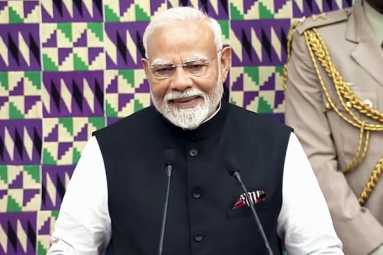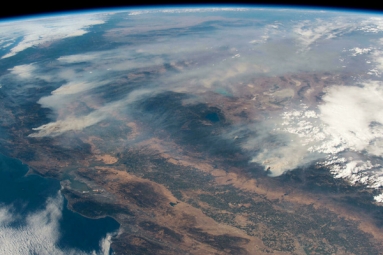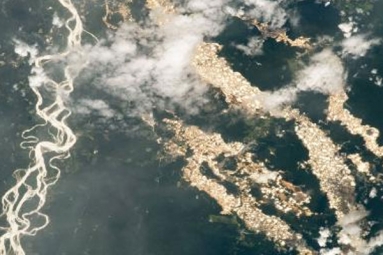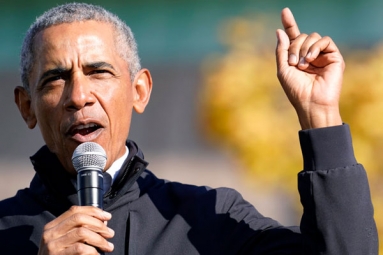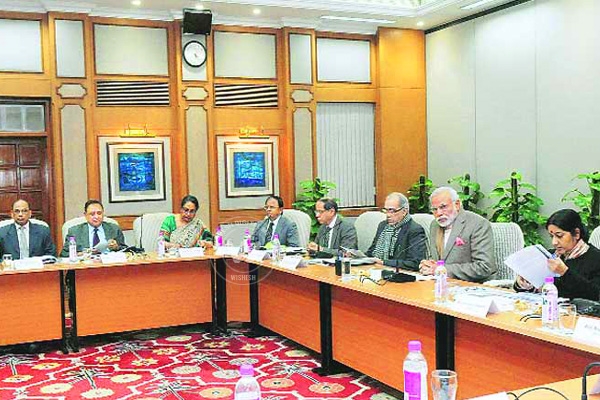
(Image source from: Modi council plans for new climate initiative})
During the first meeting of the new look council on climate change. Prime Minister of India Narendra Modi Said that “all key infrastructure activities should be 'climate sensitive' to limit its impact on the environment”.
The main issues discussed by the council were about the intended nationally determined contributions (INDC) climate change in the Paris later this year. It also discussed to project India's achievements in climate action in the world stage.
In the first meeting after the govt formation, council decided to focus on four major issues in wind energy, coastal zone management, health and waste-to-energy to strengthen India’s response to climate change.
The council meeting also reviewed the functioning of these missions, the implementation of the seven-year-old National Action Plan on Climate Change and state level plans of various state governments. Many of these ‘Missions’ will be given targets and new directions.
According to the sources, it is also said that the Prime Minister stressed on strengthening and bringing awareness on the issues of India’s climate response. He talked about the introducing climate sensitivity in all government programs.
In a government, statement is said that Modi also talked about the India’s sanskar (tradition) and soch (thought) and recalled how Prakriti prem (love for nature) got assimilate in India’s people.The are to be discussed among the people and should be reviewed.
The governments, which have good solar power energy, should cooperate in research and developments in solar technology so that solar energy becomes more affordable and becomes easy to access.
Review Circular was proposed to architecture and civil engineering colleges for introducing energy efficient design in the curriculum.
The meeting discussed the India’s strategy of the international climate negotiations. Which is going to be held at Paris by the end of this year In which countries are going to sign internationally legally-binding agreement on climate change
AW: Arun Kumar







